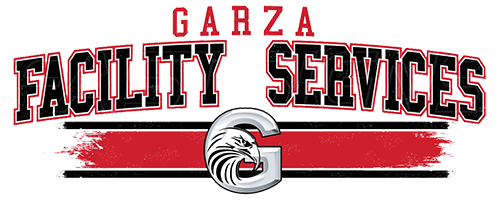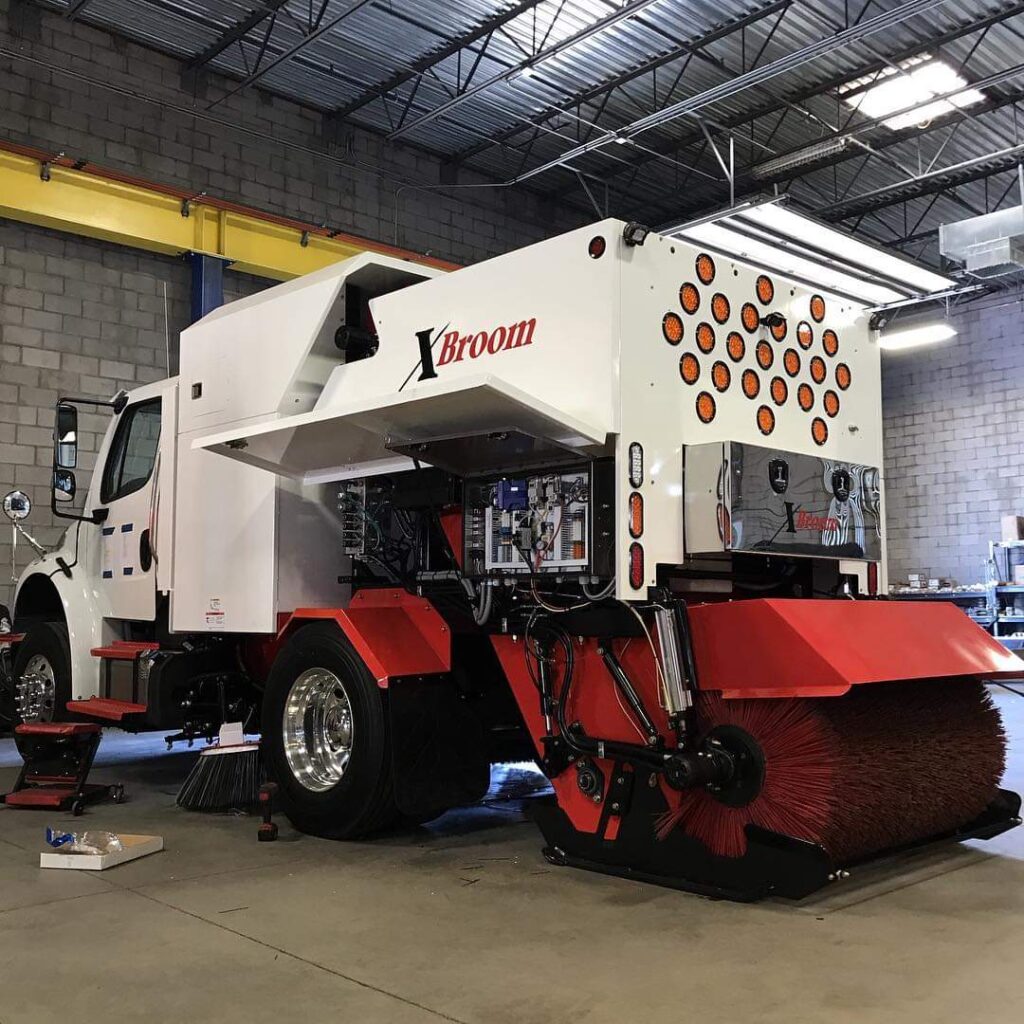The sweeper truck was invented by Charles Brooks in 1896. His design is essentially the same concept that is still used in modern heavy duty construction sweepers. These trucks are designed to pick up heavy debris such as sand and rock from paved surfaces. A heavy duty construction type sweeper uses brooms and a conveyor system or brooms coupled with a vacuum system to pick up and hold the debris in the on board hopper. There are versions that are designed to dump on the ground and versions that are built to dump into on board dumpsters. There are other types of sweeper trucks that are designed for different purposes that vary in size and configuration.
Another variety of trucks are the Vacuum Sweeper Trucks. These work a lot like a household vacuum and use a fan to move air which creates a vacuum to capture dirt and debris.
The more modern, advanced, and environmentally friendly models of sweepers are known as Regenerative Air Sweepers. These sweepers do not exhaust the air used to sweep back into the environment, but keep recycling the same air inside a closed system to prevent sending dust and debris back out into the atmosphere. Sweeper Trucks which have smaller capacity and a tight turning radius are used in parking garages andd are designated as low clearance sweepers.
The importance of regular sweeping for paved surface maintenance is often forgotten. One factor to remember is that most drains lead to a waterway of some type. The expression “Only Rain Down a Storm Drain” exists for a very good reason. Regular Sweeping of all of your paved surfaces can prevent trash and debris, as well as oil and other chemical contaminants, from entering the storm drains that lead directly to rivers, lakes, streams and oceans. Not only does this action help prevent harm to fish, wildlife, and the ecosystem, in addition this regular maintenance could save you a significant amount on the maintenance of your stormwater drainage systems.
A regular sweeping schedule also extends the life of your pavement by removing dirt and other debris from the cracks. These cracks allow weeds to take root and grow. As noxious weeds establish themselves in pavement cracks, the roots will begin to crack and break apart your asphalt. The resulting cracks also allow water to easily enter the asphalt and freeze causing further expensive damage to your pavement.
Sweeping has other benefits such as better curb appeal, and the reduction of hazardous materials in your paved areas. Sweeping is almost always done after hours, minimizing the effect on your employees and customers.
As a commercial property owner/manager, or local COA/HOA, a regular street sweeping program can help you meet environmental mandates and stormwater maintenance requirements in addition to keeping your pavement clean! Contact Garza today for more details.

